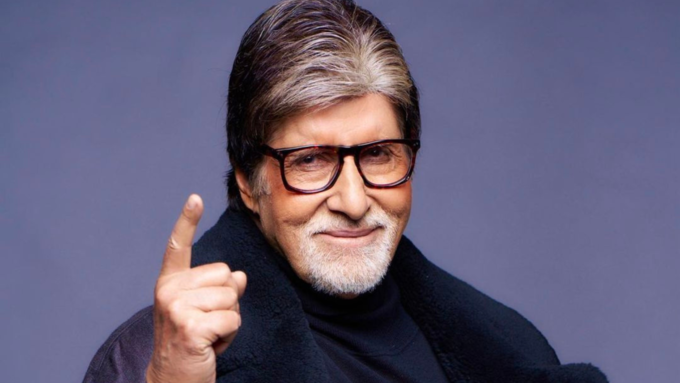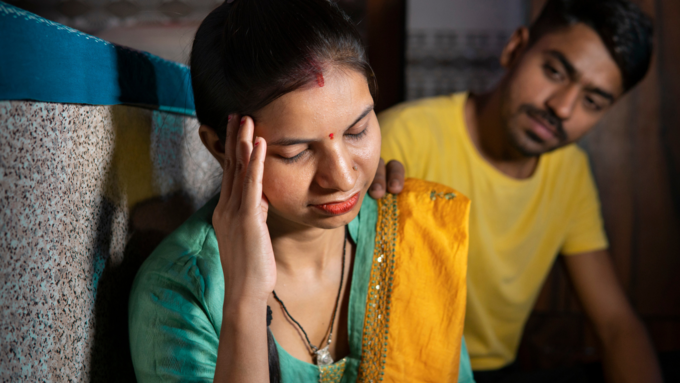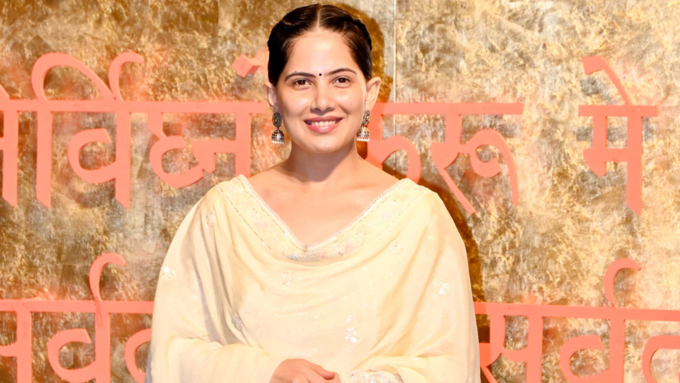Recently, a seemingly lighthearted conversation on Kaun Banega Crorepati (KBC) between Amitabh Bachchan and a contestant led to a deeper conversation about marriage and relationships. While the exchange was meant to be humorous, it highlighted an underlying issue regarding societal expectations placed on women. These expectations, despite evolving times, remain rigid in many aspects, especially concerning marriage and divorce.
The conversation revolved around the qualities a young contestant, Ranveer Raghuvanshi, desired in his future wife. He mentioned that he wanted a wife who “understands family” and is not “too active.” Amitabh Bachchan, in response, humorously remarked about the increasing divorce cases, adding, “We need this and also maintenance.” Though everyone laughed, this comment raised questions about how we still perceive marriage and the role of women in it.
Expectations from Women in Marriage: A One-Sided Burden?
Even today, the weight of expectations after marriage seems to fall disproportionately on women. They are expected to prioritize family, take care of everyone, and ensure that things run smoothly. While men are often portrayed as “providing” for the family, the significant emotional and physical labor that women contribute is either overlooked or taken for granted.

Interestingly, times have changed. Many women no longer see themselves as mere caretakers in marriages. They wish to maintain their identity, pursue careers, and have an equal say in family matters. This shift is sometimes perceived as rebellion, or worse, as the reason for the growing divorce rates. But is it fair to blame women for wanting equality and respect in their marriages?
Jaya Kishori’s Insightful View on Divorce
Spiritual speaker Jaya Kishori provided a thoughtful perspective on this issue in a recent podcast. When asked about the rising divorce rates, she highlighted a crucial point: earlier, women did not speak up, and thus relationships seemed to last longer. “The thread of the relationship was always in the woman’s hands,” she said. “When she started speaking, the relationships began to break.”

Her point is simple yet profound—relationships remained intact earlier not because they were perfect but because women didn’t voice their concerns. They were often silenced or expected to endure, no matter the circumstances. Now, as women have become more vocal about their needs and rights, some relationships have started breaking down. But is this a bad thing?
Why Financial Independence Changes Everything
In earlier generations, women were often financially dependent on their husbands. Divorce was not an option, even in abusive or unhappy marriages, because they had no means to support themselves. Their families, too, often distanced themselves after marriage, leaving women with little to no support if they decided to leave their husbands.

Today, things are different. Women are more aware of their rights, and many are financially independent or working toward that goal. In cases of separation, they can seek legal help, and maintenance is a rightful claim for many women who have supported their husbands emotionally and physically throughout their marriage. While it’s true that a few may misuse this law, the majority of women genuinely need this support when they choose to leave difficult relationships.
Speaking Up Doesn’t Break Relationships—Lack of Understanding Does
A woman’s desire to be heard, respected, and treated equally is often misunderstood. Instead of addressing the root causes of conflict in marriages, society sometimes places the blame on women for “speaking too much.” The truth is, voicing concerns doesn’t break relationships; it’s the unwillingness to listen, compromise, and adapt that often leads to breakdowns.

A healthy marriage is built on mutual respect, understanding, and compromise. If men expect their wives to prioritize their families, they too must be willing to do the same. It’s about balancing responsibilities and recognizing that both partners have their own identities, aspirations, and roles in a marriage.
The Role of Men in Changing Expectations
For marriages to thrive in today’s world, men must also be open to change. Gone are the days when women were expected to silently carry the burden of the household while men pursued their careers. Modern marriages require both partners to share responsibilities equally, whether it’s caring for the family, making financial decisions, or pursuing personal goals.

For example, if a man expects his wife to prioritize his parents, he should be willing to extend the same courtesy to her parents. Respecting each other’s families and finding a middle ground is crucial for a successful partnership.
Understanding Maintenance Beyond Financial Support
The concept of maintenance, often joked about in divorce discussions, is more than just financial support. It’s a recognition of the woman’s contribution to the marriage. Whether she was a homemaker or worked alongside her husband, her role in making the marriage and family work is valuable. Maintenance ensures that she isn’t left vulnerable after years of sacrifice.

At the end of the day, the institution of marriage needs to evolve with changing times. Instead of blaming women for speaking out, it’s time to reassess the expectations we place on both partners and create an environment of mutual respect and understanding.


